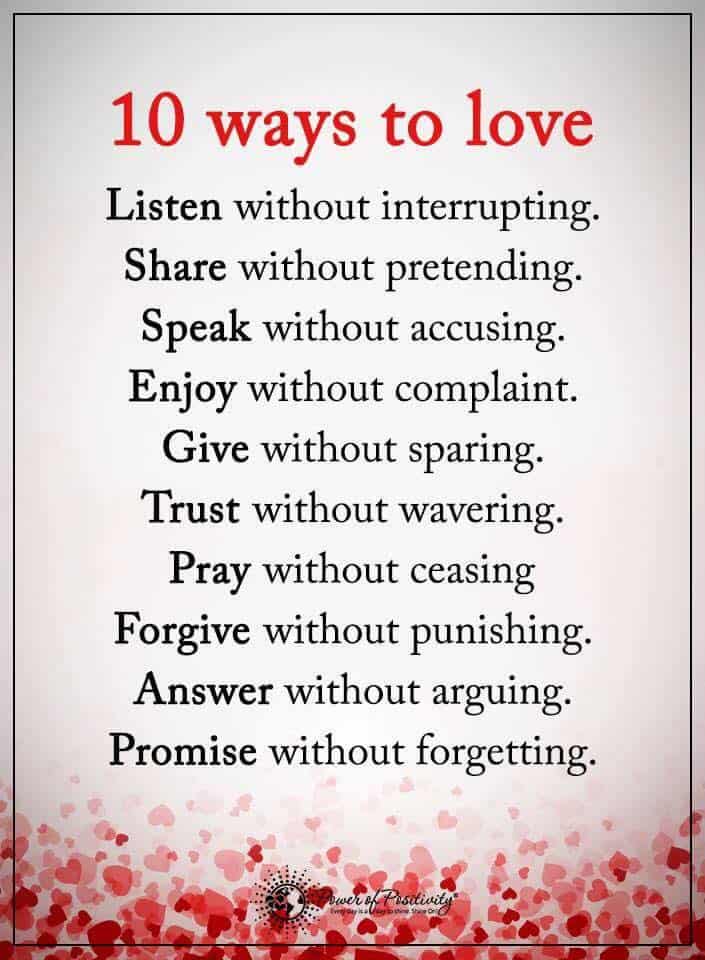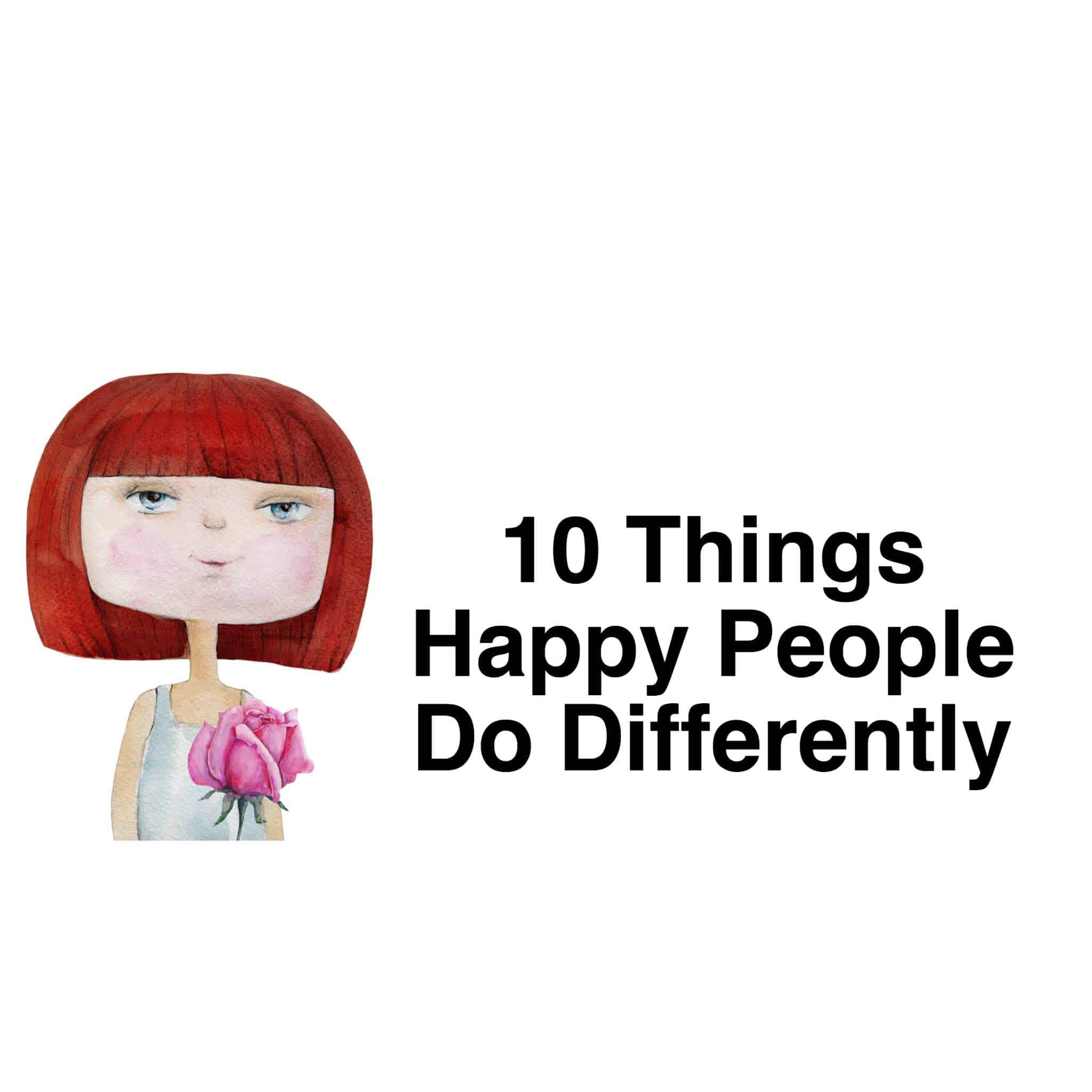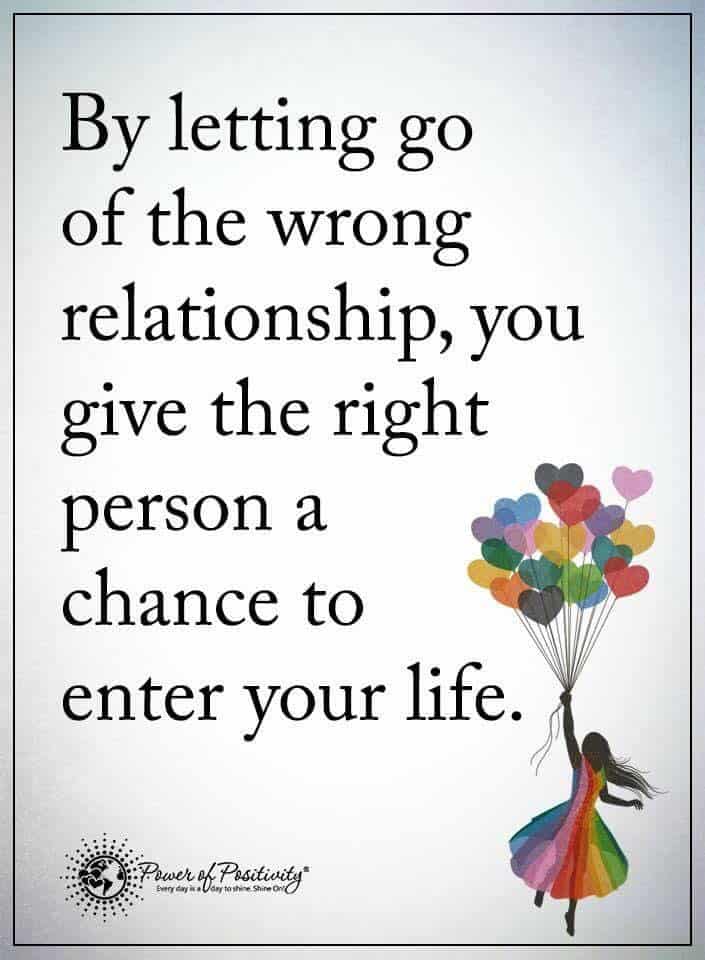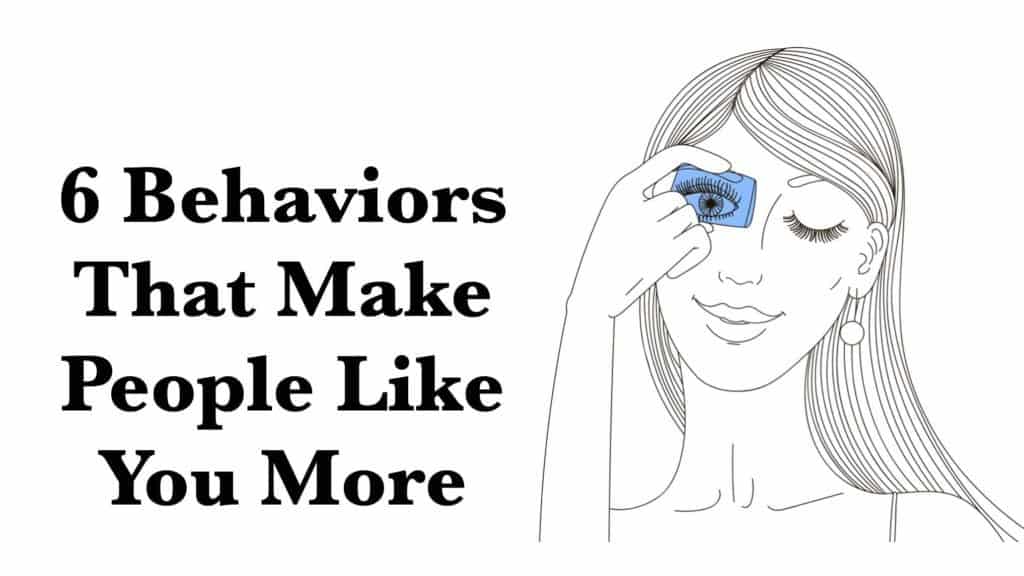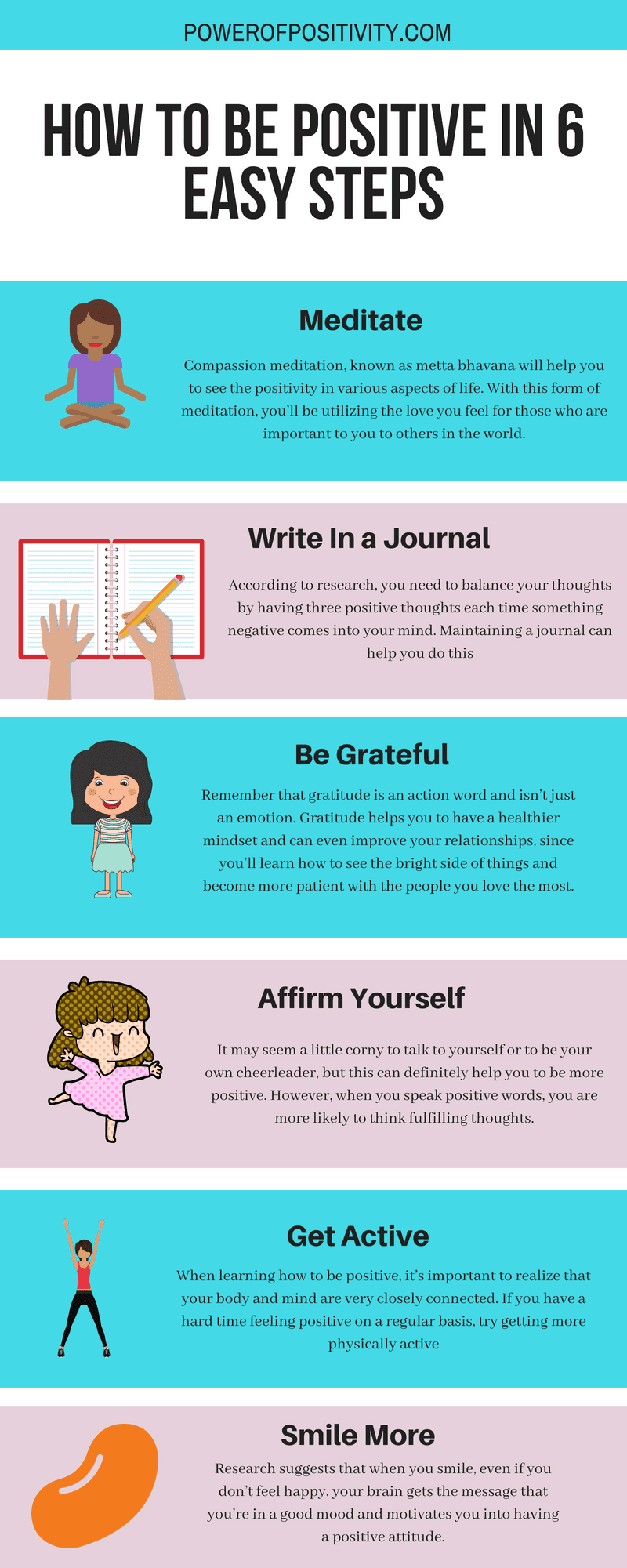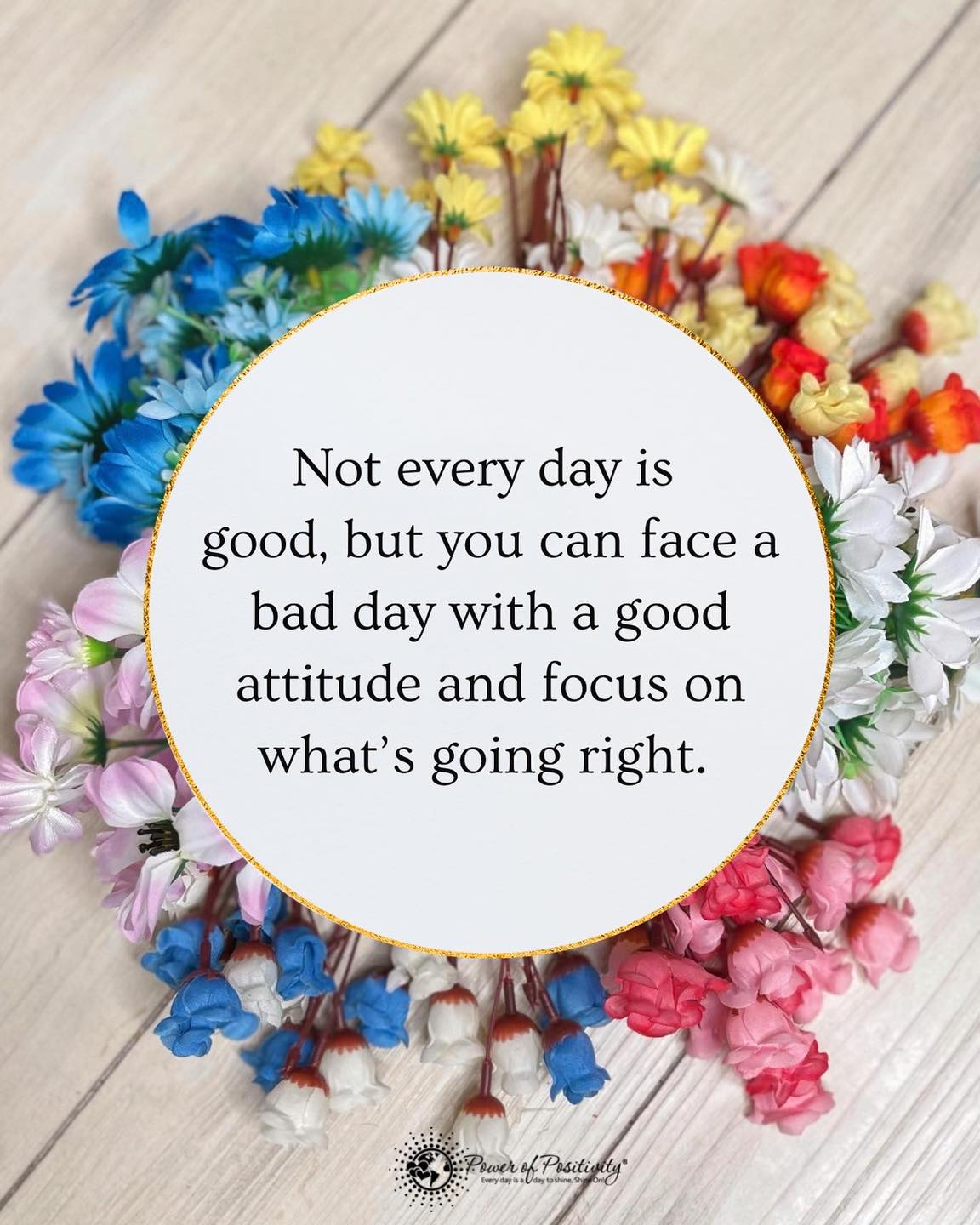The divorce rate for couples in the U.S. is between 40 and 50 percent, so it is important to understand the 4 behaviors that psychologists say are the biggest predictors of divorce. Knowing these four behaviors is not the same as fixing the problems that may or may not be present in your marriage, but we also have some advice on what you can change to avoid the unfortunate ending of what was once a happy beginning.
Psychologist Reveals These Four Behaviors Are The Biggest Predictors of Divorce
By no means is this a comprehensive list of all the things that can go wrong in a marriage, but science backs up these behaviors that can lead to the demise of your relationship. This is an excellent place to start with for what to do less of or avoid if you want to live happily ever after into your golden years.
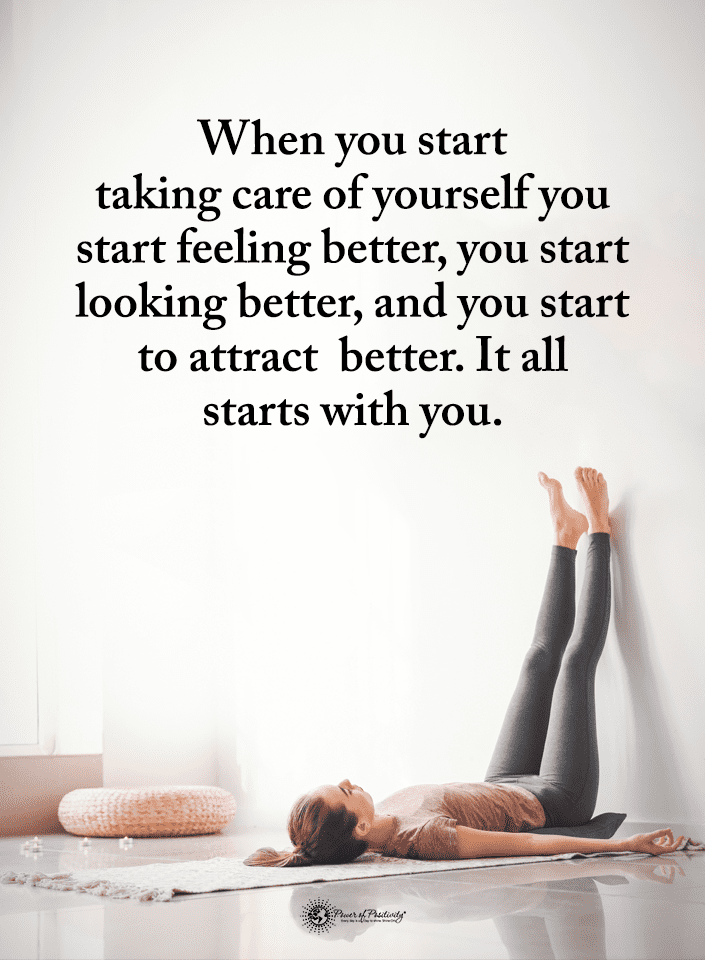
1 – A lack of communication may indicate a couple heading toward divorce.
The first sign is a lack of communication. Stonewalling is when one partner withdraws from the conversation, either to avoid conflict, or to avoid discussing an uncomfortable issue. Shutting off communication with your spouse by ignoring them as you check your phone, or watch TV, is obnoxious behavior that can lead to divorce because it makes your partner feel unappreciated.
See behavior number four (below) for more about communication problems and how to solve them. If you feel that tightening in your gut and chest when your partner brings up a topic that you’d rather not discuss, face your fears, put down the phone, and give them a listen. Of course, the hope is that they will do the same for you because marriage is a partnership and it’s going to take both of you working on things to make it successful.
2 – Unhealthy relationships may be fraught with negativity
The second sign is exclusively expressing negative feelings. Bottling up your emotions is unhealthy, but expressing only negative ones toward your partner might be one of the most significant predictors of divorce.
Do you nitpick at your partner’s behavior? Do they nitpick at yours? These petty, negative discussions may predict whether or not your divorce. Of course, you dislike things about your partner and vice versa, but bringing them up does not change your behavior. It only makes your partner resentful that you don’t seem to love them just as they are.
Instead, you might try a more positive approach. For example, ‘I appreciate it when you put your dirty laundry in the hamper’ versus ‘Do you have to leave your smelly socks on the living room floor every day?’ You can see the difference. Catch your spouse doing something right and praise them a lot. Try to stop making negative comments and ask them to do the same. A lifetime of these negative statements can wear away at the love and intimacy you once felt for each other.
3 – Changes in physical affection may be a divorce warning sign.
The third warning sign is a noticeable decrease in affection toward your partner. Sure, you love your spouse, but do your actions and words show them this daily?
No one wants to feel taken for granted, and when they do, they start to wonder if they are in the right relationship for them because they could get more affection elsewhere. Research has found that not showing affection toward your partner could lead to divorce.
4 – Couples on the rocks are less responsive to each others’ needs.
The fourth and final warning sign of divorce is a lack of responsiveness to your partner. Active listening is a skill that is often overlooked by most people when it comes to maintaining harmony in a relationship and avoiding divorce. Researchers at the Department of Psychology at the University of Washington were able to predict divorce accurately 83% of the time and marital happiness 80% of the time based on several factors, including those we have already mentioned.
In addition to the above factors, actively listening and engaging with your spouse is important. When your partner speaks, listen as if your marriage depended on it, because it does. Put away distractions, turn your face and body toward your partner, make eye contact, and quiet your inner thoughts and judgments about what they are saying. Calm your emotional state as well and pay full attention.
When your partner speaks, nod, and say things like ‘I understand.’
No matter what your partner says, try to summarize what you understood from their words.
For example, you might say this. “I can understand why you might be upset that I left my socks on the living room floor, and I appreciate that you would prefer them in the laundry basket.”
Even if you choose not to pick up your socks right then, actively listening, demonstrating understanding, and acknowledging your partner’s negative emotions alone will help your partner feel understood and appreciated, which can help you avoid divorce.

